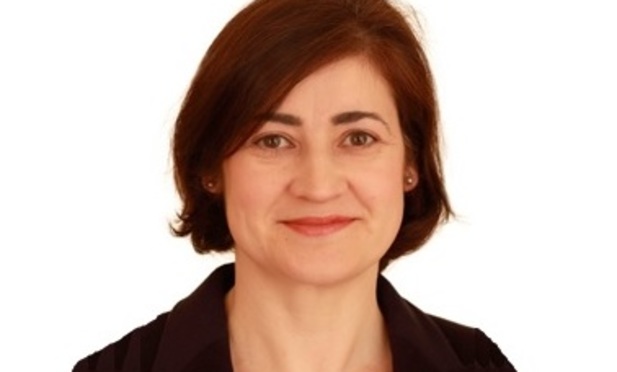The issue of privilege for in-house lawyers has hit the headlines following the recent judgment of the European Court of First Instance in the Akzo Nobel case. As has been widely reported, the CFI has refused to recognise in-house lawyers as equal to their private practice counterparts for the purposes of legal professional privilege. It has instead followed a 1982 judgment of the European Court of Justice in finding that the protection of privilege applies only to the extent that the lawyer is “independent”, which it interprets as a requirement that the lawyer is “not bound to his client by a relationship of employment”. The result is that communications between parties and their in-house lawyers are not protected from disclosure during competition investigations by the EU Commission.
The reaction of in-house lawyers has been as predictable as it is justified. In this country, in-house lawyers are bound by the same professional rules and standards as apply to solicitors and barristers in private practice. Those duties include acting with integrity and (importantly) with independence. I have no doubt that similar rules apply to lawyers elsewhere in Europe who are members of a national Bar or Law Society.
The notion that in-house lawyers cannot be independent simply because they are employed by their client is, to put it mildly, misguided. All lawyers must look to their clients for their livelihood, whether directly as in the case of in-house lawyers, or somewhat less so in the case of those in private practice. That does not mean that they sacrifice their professional integrity. English law recognises this by accepting that in-house lawyers are entitled to the protection of privilege in the same way as those in private practice, so long as they are acting in a the capacity of a legal adviser rather than an executive capacity. It is disappointing that the CFI has failed to follow suit.
The CFI’s refusal to extend privilege to in-house lawyers is based in part on the lack of uniformity in the treatment of in-house lawyers within Europe. The judgment reports that various countries exclude in-house lawyers from admission to the national Bar or Law Society and/or from the protection of privilege. However, this is something of a red herring. Variations in the status of in-house lawyers around Europe are irrelevant to the question of whether those in-house lawyers who are members of an appropriate professional body, and therefore are subject to professional obligations, should be recognised as independent and afforded the full protection of legal professional privilege.






